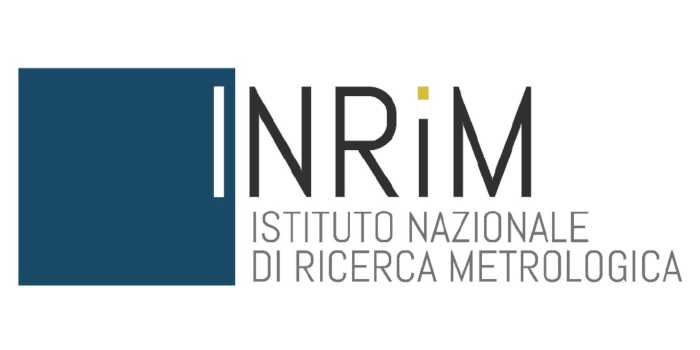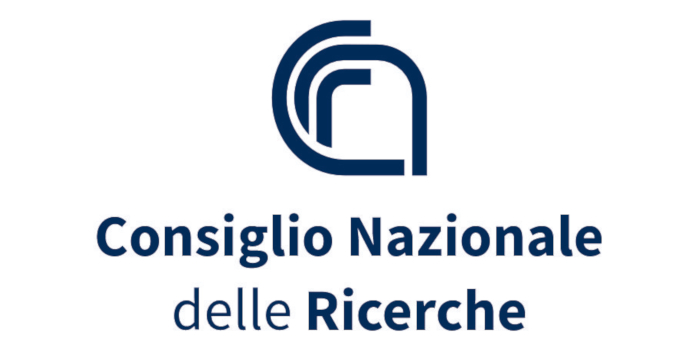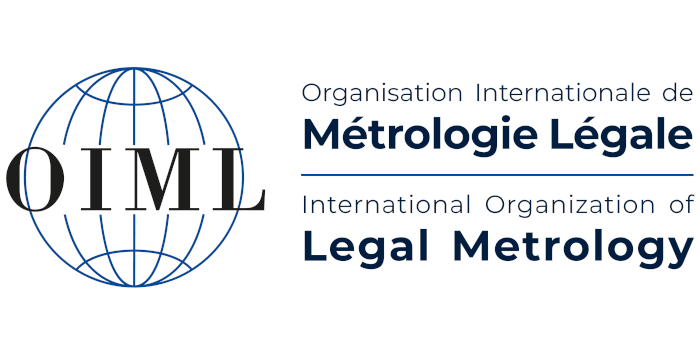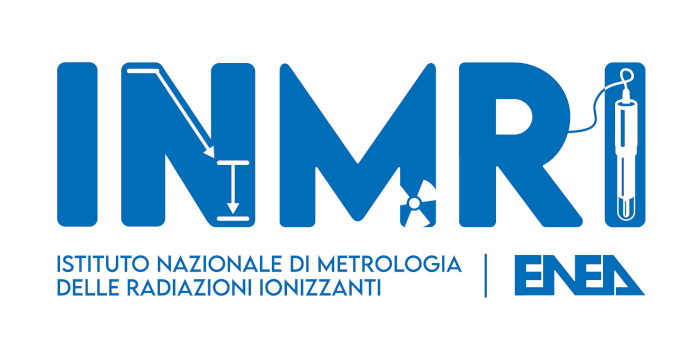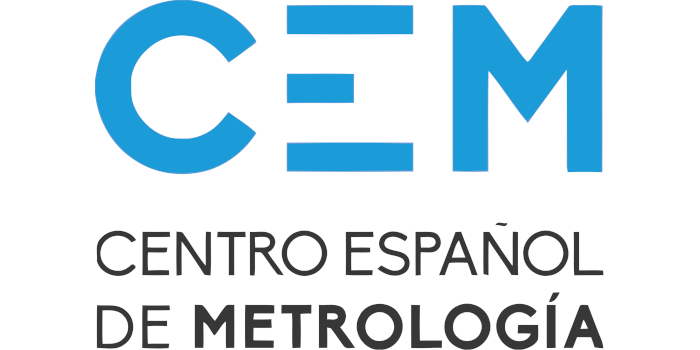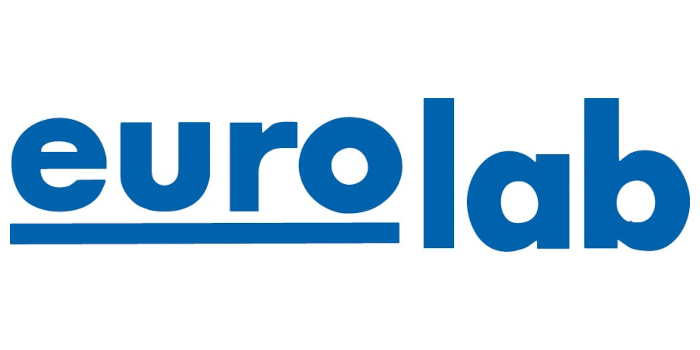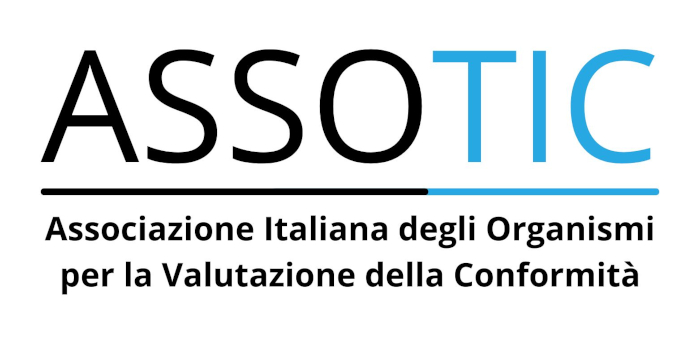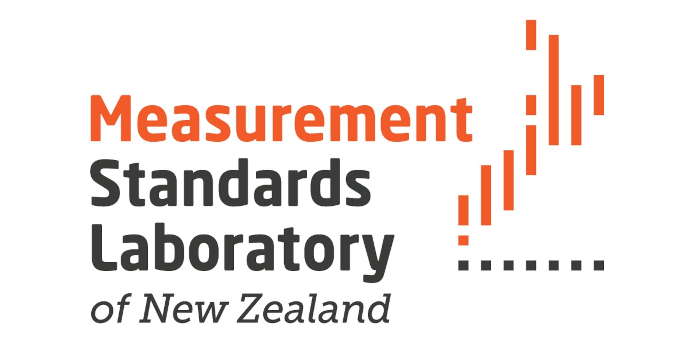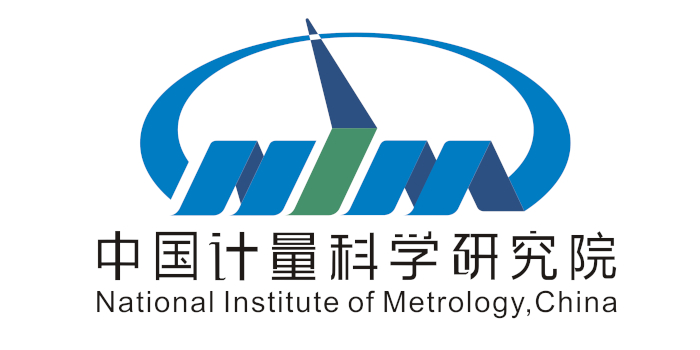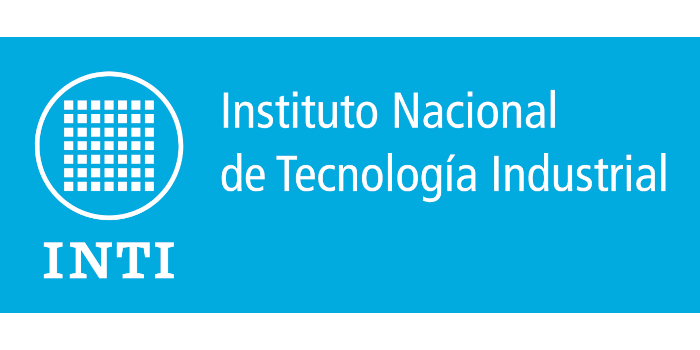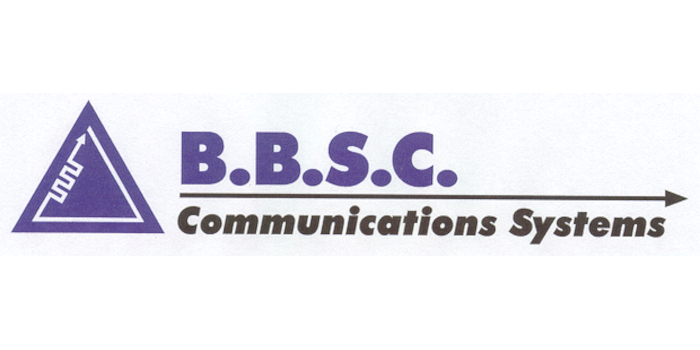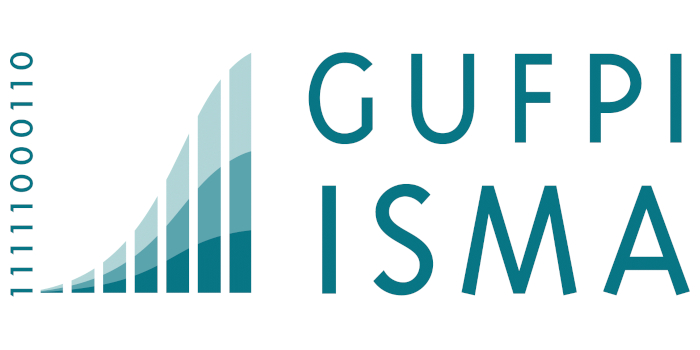SPECIAL SESSION #3
Enabling smart grid technologies for the digitalization of electrical power systems
ORGANIZED BY
Alfredo Vaccaro
University of Sannio
Silvia Iuliano
University of Sannio
ABSTRACT
Today, electrical power systems face unprecedented challenges: the need for localized generation, grid expansion to meet growing demand, integration of distributed resources, congestion management, evolving grid ownership models, and the imperative for reliable and resilient operation. These challenges necessitate a delicate balancing act between resource adequacy, reliability, economics, environmental impact, and other public interests to optimize transmission and distribution infrastructure.
Furthermore, the operational landscape of future grids will become increasingly complex due to the evolving roles of system operators, the growing demand for reliable and resilient power delivery, and the increasing penetration of renewable energy sources.
In this context, the widespread adoption of Smart Grid technologies is crucial. By leveraging advanced sensing, two-way high-speed communication, and sophisticated monitoring and analysis software, Smart Grids can significantly enhance the efficiency and sustainability of power systems.
Crucial to the success of these technologies are a robust and accurate metrology foundation and a comprehensive digital transformation strategy.
Accurate and reliable measurements of voltage, current, power, energy, frequency, and other critical parameters are essential for:
- Grid Stability and Security: Accurate measurements are fundamental for real-time monitoring, control, and protection of the grid, enabling timely responses to disturbances and preventing cascading failures.
- Integration of Renewable Energy Sources: Integrating variable renewable energy sources like wind and solar power requires accurate measurements of their output and grid impact to ensure grid stability and reliability.
- Demand Response and Grid Management: Accurate measurements of energy consumption and demand are essential for effective demand response programs, load forecasting, and grid management strategies.
- Market Operations: Accurate metering is crucial for fair and transparent energy markets, enabling accurate billing, settlement of energy transactions, and efficient market operation.
- Asset Management: Accurate measurements of equipment performance and condition enable proactive maintenance, reducing equipment failures and extending the lifespan of grid assets.
Moreover, a comprehensive digital transformation strategy is necessary to:
- Leverage data analytics and artificial intelligence: To optimize grid operations, improve efficiency, and enhance decision-making.
- Develop cyber-secure and resilient communication networks: To ensure the reliable and secure flow of data across the grid.
- Integrate emerging technologies: Such as blockchain, edge computing, and the Internet of Things (IoT) to further enhance grid performance and flexibility.
By investing in high-quality metrology infrastructure, embracing digital transformation, and ensuring the accuracy and traceability of measurements, we can unlock the full potential of Smart Grid technologies and build a more resilient, efficient, and sustainable energy future.
ABOUT THE ORGANIZERS
Alfredo Vaccaro, is an IEEE Fellow. He received the M.Sc. (Hons.) degree in electronic engineering from the University of Salerno, Italy, and the Ph.D. degree in electrical and computer engineering from the University of Waterloo, Waterloo, ON, Canada. From 1999 to 2002, he was an Assistant Researcher with the Department of Electrical and Electronic Engineering, University of Salerno. From March 2002 to October 2015, he was an Assistant Professor of electric power systems with the Department of Engineering, University of Sannio, Benevento, Italy, where he is currently a Full Professor of electrical power systems. His research interests include soft computing and interval-based methods applied to power system analysis, and self-organizing paradigms for smart grids computing. He is Editor in Chief of - Smart Grids and Sustainable Energy- ed. Springer Nature, Associate Editor of IEEE TRANSACTIONS ON POWER SYSTEMS and IEEE TRANSACTIONS ON SMART GRIDS, and Chair of the Power System Operation, Planning and Economics Committee - Technologies and Innovations (T&I) SC.
Silvia Iuliano (Student Member, IEEE) received the B.Sc. and M.Sc. degrees in energy engineering at University of Sannio (UniSannio). She is currently a PhD student in information technologies for engineering at University of Sannio where she joins in Power System Research Group (PSRG). Her research interests are focused on developing enabling methodologies to improve the flexibility of decarbonized power systems by self-organizing energy resources coordination.








